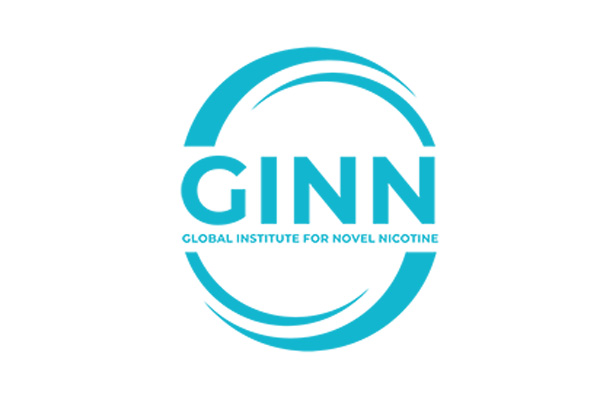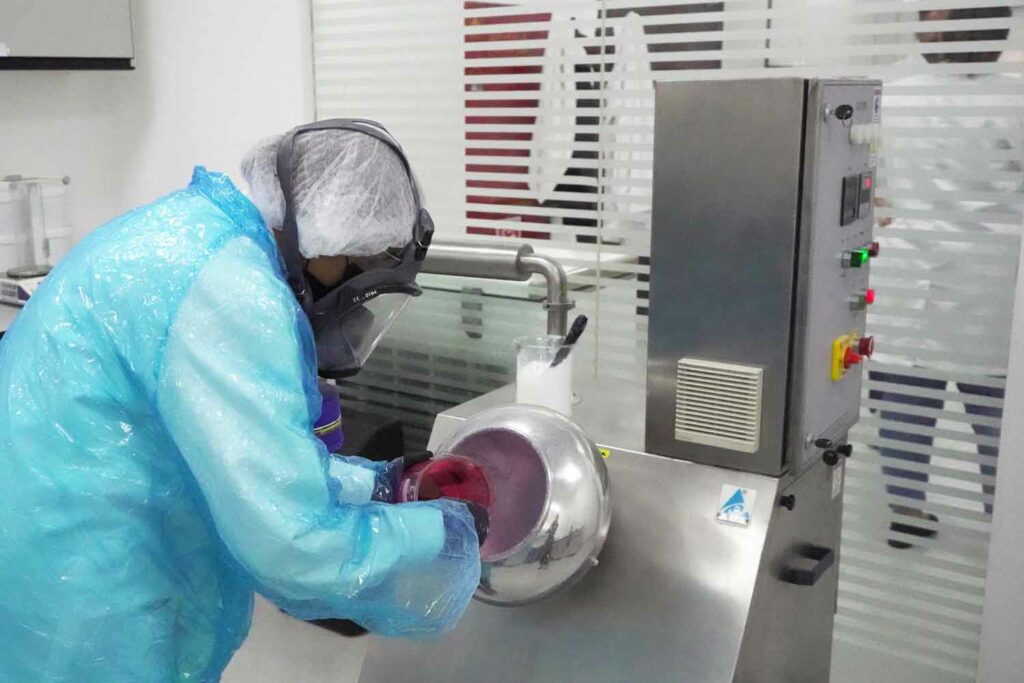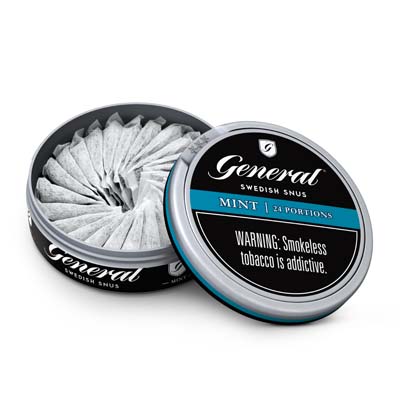
Cigarette sales declined across Western Europe in 2023, but increased slightly at a regional level due to the strong growth in Turkey, where illicit trade was falling and the smoking population was growing, according to a new report published by Research and Markets.
Sales of next-generation products continue to grow in Western Europe, with even an upcoming ban on disposable vapes in the U.K., their biggest regional market, not expected to significantly impact this trend, with Italy remaining the leading market for heated tobacco products regionally.
Rising prices, due to the global inflationary environment and ongoing tax hikes, increasing health awareness and competition from next-generation products is resulting in declining unit volume sales of cigarettes across most of Western Europe, with little likelihood of this changing over the forecast period.
Although slower than in the two previous years, closed-system single-use vaping products were still recording growth in the U.K. in 2023. However, with concerns about the throwaway nature of disposable vapes as well as their attraction to underage smokers, the U.K. government announced a ban on these products from early 2025, which force industry players to shift their focus toward open and other closed vaping products.
The nicotine pouches category is expected to see strong growth over the forecast period. Sweden will continue to be the leading country market in Western Europe, but Finland is expected to take over from Denmark as the second biggest in the region over 2023-2028. This is due to the Finnish authorities deregulating the sale of these products in mid-2023.
Heated tobacco products will be accounting for just over half of overall smokeless tobacco, e-vapor products and heated tobacco sales at the end of the forecast period, having recorded further growth in the coming years. Philip Morris International continues to drive the development of the category, rolling out its new IQOS Iluma devices and Terea sticks across the region, with the other tobacco giants also present with devices like Ploom (Japan Tobacco International), Glo (British American Tobacco) or Pulze (Imperial Brands).



 Accorto Regulatory Solutions has joined the Global Institute for Novel Nicotine (GINN), an organization dedicated to advancing tobacco harm reduction through supporting the research and development of non-vaporized tobacco alternatives for adult smokers. The GINN also promotes compliance standards, focusing on youth access prevention, responsible marketing and product quality.
Accorto Regulatory Solutions has joined the Global Institute for Novel Nicotine (GINN), an organization dedicated to advancing tobacco harm reduction through supporting the research and development of non-vaporized tobacco alternatives for adult smokers. The GINN also promotes compliance standards, focusing on youth access prevention, responsible marketing and product quality.













